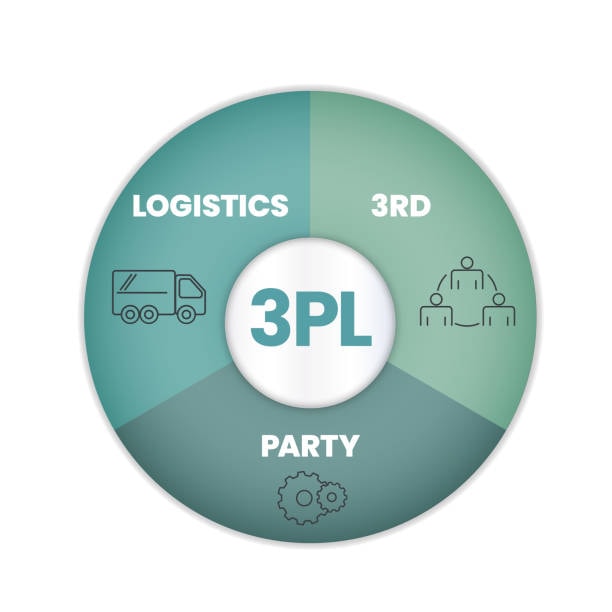
Find out the important role that third party logistics 3pl services are playing in shaping global supply chains in 2025. Find out what are the main positives, trends and the methods uses to deliver smooth, easy and scalable logistics services.
What Are 3rd Party Logistics Services?

Outsourcing their logistics functions to experts, such as third party logistics providers, is how businesses use 3PL services to transform supply chain management. Such comprehensive services cover warehousing, transportation, taking care of inventory and delivering orders, so companies can concentrate on their own strengths and core tasks.
3PL providers assist between companies and their customers, managing everything involved in the logistics process from buying materials to handing over the products. More and more businesses are relying on outsourcing following the realization that logistics are complicated and expensive to run in-house. 3PL partnerships enable businesses to use modern technology, well-established networks and the skills of specialists, without spending a lot on their logistics systems.
The development of 3PL services has been shaped by globalization, rising e-commerce and clients wanting their deliveries to be faster and more dependable. Thanks to the recent advances by 3PL providers, customers now get powerful services that match their processes and allow for transparency, growing needs and cost management.
The Evolution of Third-Party Logistics

Since it started in the 1970s, the third-party logistics industry has changed a lot. First, these providers handled core transportation and warehouse management, but today they help with the whole supply chain process. Over the years, better technologies, altered consumer preferences and more complications in trading globally have encouraged this change.
At first, 3PL services offered only specific logistics functions such as hauling or handling goods in warehouse facilities. Because businesses started to approve of logistics optimization, 3PL businesses started to help by adding fulfillment services, inventory management, order processing and handling reverse logistics. As a result, the role of 3PL providers has changed from offering services to helping businesses with their strategies.
Digital changes have sped up how 3PL services are developing. Now, advanced analytics, artificial intelligence and Internet of Things (IoT) make it possible for providers to share predictions, automate tasks and improve their access to supply chain information. Nowadays, the advanced technology in 3PL services draws businesses in, because it allows them to achieve more in a challenging economy.
Key Components of 3PL Services
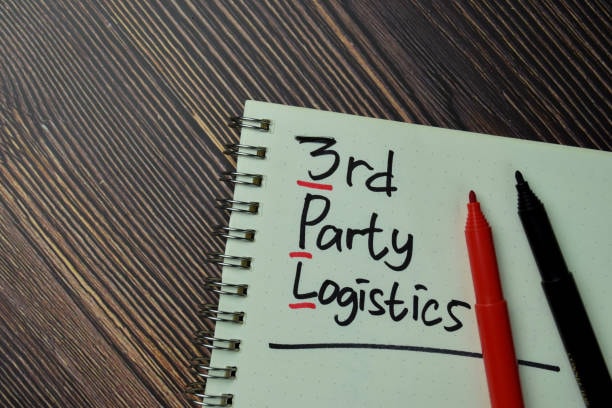
These services are meant to manage different supply chain processes and make them operate as efficiently as possible. Three-party logistics contains transportation management which includes handling freight forwarding, selecting carriers, organizing routes and following shipments. With this component in place, products can be transferred safely and quickly from the starting point to the final destination and at a low cost.
These services allow businesses to use storage space flexibly and to place inventory where it will be valuable. 3PL companies have advanced technology for storing, processing and checking their clients’ orders. This is achieved by placing the facilities in positions that boost efficiency in the delivery of products.
Today’s 3PL providers offer value-added services which help them differ from older logistics companies. Some of these services consist of packaging, labeling, kitting, assembly, fulfillment center and customization which all add worth to products for the customer. Besides, most 3PL providers can supply reverse logistics, manage returns and support clients with consulting for the supply chain.
Transportation Management in 3PL
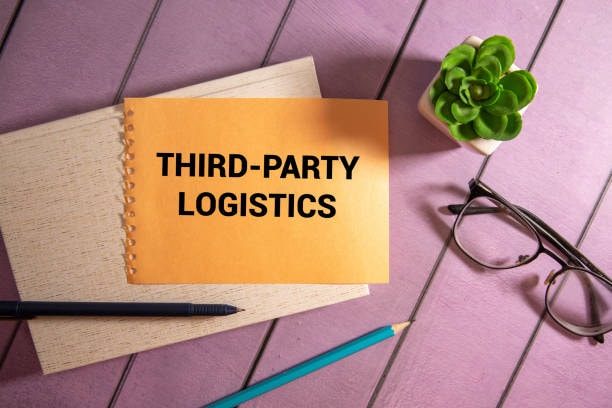
For third-party logistics services, transportation management is one of the essential factors. With their strong connections to many carriers and strong bargaining abilities, professional 3PL providers help their clients secure preferable prices and excellent service. This involves controlling freight transport by air, sea, land and also by using intermodal ways.
Options in route optimization, load scheduling and selecting the right carriers are available in the TMS that these 3PL companies offer. Many aspects are weighed when using these systems such as price, time taken, reliability and space available before the best solution is found. Clients have access to up-to-date information about their shipments and when they should be delivered.
Besides handling basic logistics, 3PL providers have experience in transportation management. They know how to deal with complicated international shipping rules, customs needs and paperwork. Companies that transport transportation services goods internationally benefit a lot from this knowledge, since problems with compliance can lead to delays and higher expenses.
Warehousing and Distribution Solutions
Rendering 3PL services relies on warehousing and distribution which supply businesses with adaptable storage and sound management of their logs. Advanced technologies in 3PL warehouses today are WMS, warehouse space automated sorting and systems that track inventory in real-time. They are created to reduce unused space, decrease errors while ordering and make the process faster.
Strategic positioning of warehouses is another benefit you get from hiring a 3PL provider. To reduce transportation spending and delivery time, companies usually find good locations for their warehouses and factories. With this approach, logistics operations companies are able to serve their customers well and lower logistics costs in the process. Bringing merchandise nearer to the customers is achievable for businesses thanks to multiple warehouse locations operated by many 3PL providers.
Distribution services involve order management, sorting goods and shipping arrangements. Also, 3PL providers have advanced systems that connect with their clients’ e-commerce platforms and ERP systems to streamline the fulfillment process . As a result, there are no problems with orders and stock levels which reduces the dangers of both missing products and selling too much.
Inventory Management Excellence
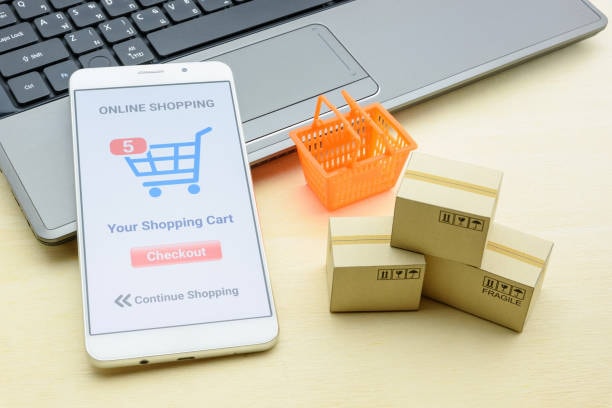
Success in business depends on well-managed inventory and 3PL companies have advanced strategies to ensure stocks are right and carry costs are lowered. The use of improved inventory systems helps show real-time stock numbers, the way goods are being used and what to expect in terms of demand. These systems help companies keep their inventory balanced which prevents them from facing extra inventory costs or stockouts.
They make use of ABC analysis, cycle counting and forecasting of demand to ensure that they hold an appropriate level of items. They depend on records from the past, current trends and gathering information from the market to predict the future demand and decide on how much stock to have. Thanks to this skill, companies can use less cash while their service remains high.
By linking inventory with various logistics activities, there are more advantages for the clients. You can optimize your business’s cash flow and inventories when inventory alignment is done with planned transportation schedules. Also, combining inventory management with order processing eliminates errors and lessens the chance of customers being unhappy.
Order Fulfillment and Processing
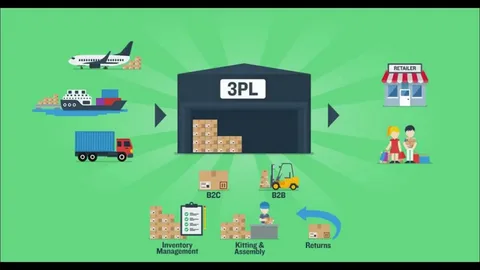
This final stage of logistics is order fulfillment, when customer orders are handled by being processed, picked, packed and shipped. 3PL providers achieve this well using unique systems and processes. They can handle many types of orders, of any size and difficulty, while still guaranteeing consistent service.
In the current times, order fulfillment systems can be used with multiple means of sales such as e-commerce, marketplaces and retail channels. Thanks to omnichannel capabilities, businesses can give customers the same experience at every point of contact and 3PL companies make sure each order is handled efficiently.
Checking for quality ensures products are delivered properly, so 3PL firms carefully check each stage of fulfillment. To achieve this, there are steps like verification, standard packaging and inspections that prevent mistakes and make customers happy. This leads to customers being happier and less returns being managed by the company.
Technology Integration in 3PL Services
Nowadays, 3PL companies integrate technology to help them provide advanced offerings with better visibility, efficiency and scalability. Advanced tools in logistics join different systems such as warehouse management, transportation management and systems for handling inventory. Using the integration allows clients to see their supply chain processes in detail.
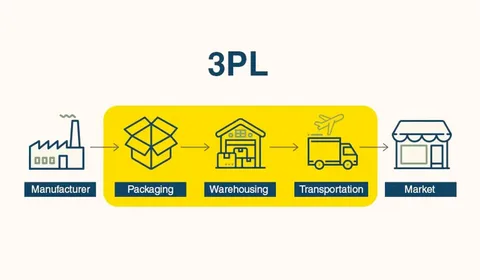
Cloud services for logistics make it much easier to adjust to different needs than having a system on your servers. With these platforms, information can be shared, people can team up and decisions can be made involving many different participants. Customers can review specific reports, analyze data and check performance markers through user-friendly dashboards that give useful advice on running their supply chain easily.
More 3PL businesses are now using artificial intelligence, machine learning and blockchain in their services. It is easier to control inventory using AI and you get precise route and planning suggestions from machine learning. By using blockchain technology, cost savings logistics in the industry becomes more reliable and transparent which is very useful for sectors that have strict rules to meet.
Supply Chain Visibility and Tracking
In order to handle operations and customer service well, companies now need visibility in their supply chains. 3PL providers can offer real-time information about goods, delivery status and how the company is performing. It allows businesses to spot problems and take accountable decisions.
The use of various technologies like GPS, RFID and IoT sensors in tracking systems makes it possible to keep precise records of where and how shipments are and the time they can be delivered. Thanks to web and mobile apps, companies can provide their clients with schedules and update their customers accurately. Through automated alerts and messages, stakeholders are informed on matters they should pay attention to.
Being aware of the supply chain helps companies provide better service to customers and enjoy advantages over competitors. Superior customer experiences are achieved when companies provide correct delivery status and alert customers if there could be delays. Because everyone sees each step, companies can coordinate with vendors and buyers more easily which protects against disruptions and leads to a better performance of the supply chain.
Cost Optimization Through 3PL Services
Most businesses turn to 3PL because reducing costs is their biggest priority. Costs are reduced for professional logistics providers by working more efficiently, using advanced processes and making clever resource choices. Thanks to their skills in handling multiple shipments, bargaining for reduced rates and finding the best routes, they make it possible for clients to reduce transportation costs.
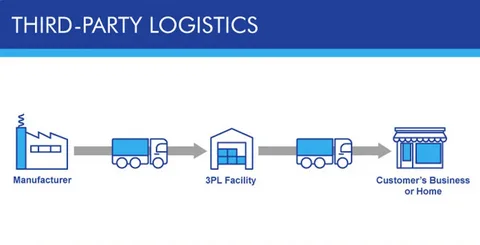
Since logistics prices are based on usage, businesses can turn their fixed logistics costs into variable ones that increase with their business activities. It is especially helpful for businesses whose size changes a lot from one season to another. So, clients do not need to fund capital or run expensive in-house logistics functionalities because they only pay for the services rented.
Typically, the savings on indirect costs from using 3PL drive up your gains, even more, than what you save on costs. They consist of savings on inventory, since the right amount is always kept, reduced labor costs and better cash flow thanks to speedy order handling. In the end, these savings build up and can be very important for businesses with complicated logistics needs.
Scalability and Flexibility Benefits
A major advantage of 3PL is that businesses can react fast to changes and new chances by having their services expand as needed. It is especially helpful for organizations that go through busy seasons or grow fast.
Being flexible with services means companies can make their logistics solutions fit their precise needs. Having flexible logistics means businesses are able to make decisions quickly since they do not rely on set infrastructure.
With the help of 3PL providers, businesses can enter new markets even if they do not build their local logistics structures. For any business that wants to do business globally or expand in its own country, this is especially useful.
International Shipping and Customs
When it comes to international shipping and handling customs, 3PL professionals offer a great deal of support. Expert logistics companies are aware of the details involved in international trade such as customs, documents and regulatory rules. As a result, businesses can deal with global trade easily and steer clear of possible delays and fines.
Many 3PL firms build links with customs brokers, freight forwarders and similar service providers all over the globe. Because of these relationships, they are able to offer full international shipping services like customs processing, duty management and following the regulations. Their knowledge is highly useful for companies starting to do business abroad or entering new regions.
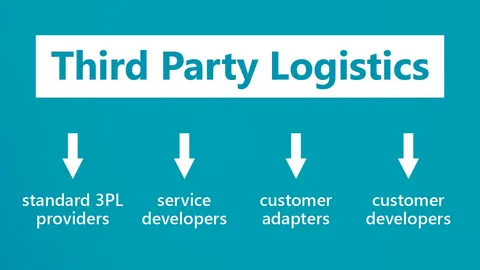
Since the regulations and procedures for international shipping are always changing, it is tough for businesses to stay informed. However, 3PL providers focus on learning and adapting to the most recent regulations and features. As a result, clients avoid experiencing delays, penalties or other issues that come from non-compliance with the country’s laws in their 3pl warehouse .
E-commerce Fulfillment Solutions
Due to the specific needs of e-commerce, 3PL services have created a special focus on fulfillment. Since customers expect fast, accurate service, ecommerce businesses require quick order processing, careful picking and packing and various shipping choices. That’s why 3PL providers who focus on e-commerce have tailored their approaches and technology for these tasks.
To ensure good fulfillment, e-commerce integration is necessary which 3PL providers can do through Shopify, WooCommerce and Amazon. Doing this allows orders to be processed automatically, stock levels to be kept current in real time and shipping information to be sent together. Therefore, e-commerce activities become more efficient and accurate.
Special planning is needed for e-commerce returns and that’s where 3PL companies step in by handling inspection, restoration and reordering of items for sale. Their handling of returns ensures that businesses meet their customers’ satisfaction while spending less on handling returns.
Specialized Industry Solutions
Within the logistics field, every industry has its own needs which makes special expertise and options necessary. Consequently, 3PL providers develop solutions for each industry. Transportation of medicine uses temperature control, but getting cars to the right locations on schedule and in time is tough.
All shipments in healthcare and pharmaceuticals must be safeguarded, properly monitored and tracked by advanced facilities, technology and grow staff. 3PL companies operating in these sectors focus on following industry standards and provide suitable facilities and services for this purpose. Firms that work in markets with strict regulations need people like compliance officers.
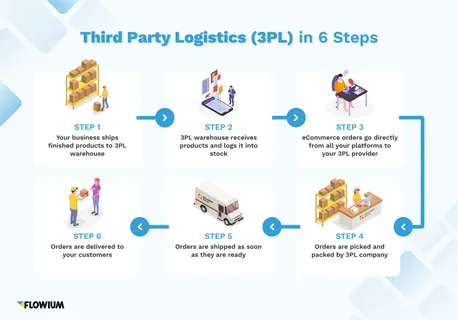
Food and beverage logistics call for careful procedures, temperature management and compliance with safety standards. Therefore, 3PL firms involved in this field use certified facilities and employ methods to ensure the products meet safety standards. Because of their knowledge, companies in the food and beverage industry maintain the integrity of their products and at the same time minimize logistics costs.
Reverse Logistics and Returns Management
As many companies now see the importance of effective returns, 3PLs work hard to ensure they handle returns, warranty claims and recycling. The services enable businesses to recover what they can from returned products without disappointing their customers.
For returns management to be effective, it needs specific processes and systems to handle the challenges of returned products. 3PL providers achieve this with their advanced systems that manage returned goods, decide what happens to them and look after their recovery or disposal. Such expertise enables companies to get maximum benefit from products sent back by customers.
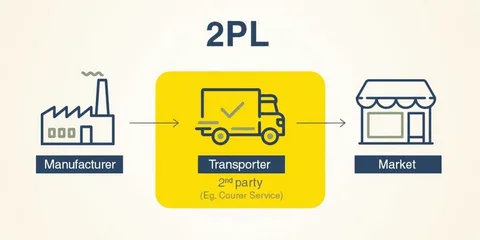
Effective reverse logistics by 3PL providers match the company’s efforts to practice sustainability. It supports product disposal, restoration and recycling. They help lower the impact on nature and make it possible to get some value from products returned.
Quality Control and Compliance
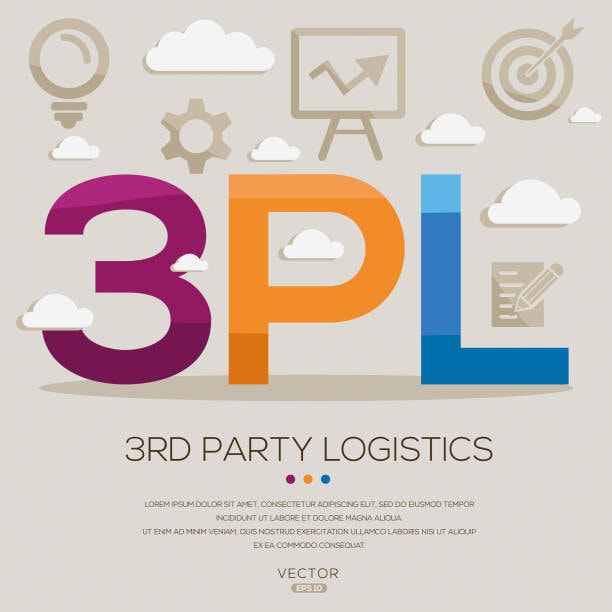
Minimizing risks and ensuring regulations are followed is essential to 3PL services which is why such companies implement quality assurance programs in every step. They ensure the quality of products as a third party logistics provider and decrease the chances of getting customer complaints.
Complying with the regulations and standards in the industry requires 3PL expertise for successful results. Logistics organizations make sure they understand the prevailing safety laws and take actions to comply with them. Experts in this field are very important for businesses in regulated industries, because failing to follow the rules can lead to serious problems.
Keeping records and thorough documentation is very important for quality control and compliance programs. As a result, 3PL providers always document all their tasks and activities, allowing clients to check and obtain the documentation necessary for complying with regulations. With this capability, organizations can display that they are following applicable rules and laws.
Risk Management in Logistics
Managing risks in logistics is very important and that’s why 3PL providers offer industry experience and planning to lessen possible problems in supply chains. Their knowledge includes creating plans for uninterrupted business, organizing insurance and managing security.
Disruptions in the supply chain can seriously affect a business which is why risk management is crucial. 3PL providers come up with backup plans and different ways to address any risks. Thanks to their knowledge in risk management, businesses are better able to keep working when they come across unexpected challenges.
Since security is a growing concern, 3PLs are making comprehensive security plans to prevent theft, harm and disturbances to goods during logistics. The programs consist of safe buildings, checked trucks or trains and detailed employee background checks that minimize the chances of security problems in the supply chain.
Choosing the Right 3PL Provider
The right 3PL company needs to be chosen by looking at numerous factors carefully. Businesses ought to judge the third party logistics company by its skills, expertise, available technologies and compatibility with their culture. If you get a good 3PL partner, you can gain an edge over others, but the wrong one can cause management difficulties and raise costs supply chain operations.
Look at the provider’s skills to deliver services, reach different areas and expertise in your industry when doing a capability assessment. When choosing a provider manage inventory, businesses should check their success in handling matches to these requirements and their ability to adjust to new challenges. Reviewing comments from people who have worked with a provider can give a good understanding of how they work fourth party logistics provider.
Nowadays, when selecting a 3PL, technology is very important because it helps with visibility, higher productivity and better customer service. Before selecting a software, businesses should analyze the technology used, how well it fits with their systems and how easy it is to generate reports. It is vital for a 3PL partnership that reports are ready for viewing quickly and that the system connects with the partner’s tools entire supply chain.
Implementation and Onboarding Process
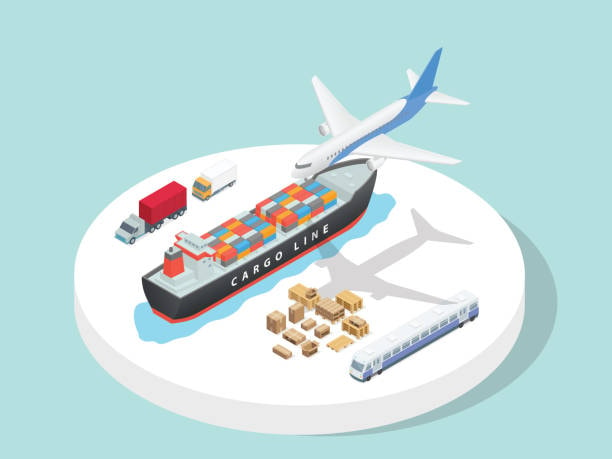
For 3PL implementation to be successful, enough effort must be put into planning and carrying out the process correctly. Typically, the process focuses on connecting different systems, planning and mapping processes, training employees and checking performance. Having good project management helps minimize the problems that may happen as businesses move to the cloud shipping costs.
Integrating different systems is usually the hardest part of applying 3PL services, so providers often step in with support. For the integration to be successful, all stakeholders need to understand what is being done and when it is occurring freight forwarder.
It is important to prepare staff and handle changes while implementing a 3PL system. People inside the company have to understand the new ways and systems and management needs to learn how to engage with outside providers supply chain management professionals. Training people and making them aware of new changes is vital for success in logistics warehouse management software.
Performance Measurement and KPIs
To evaluate 3PL, it is important to measure their performance and find chances for improvement. It is important to set key performance indicators (KPIs) upfront and keep checking them as the relationship goes on. Frequently used KPIs include rate of errors in orders, reliability of the shipping process, the number of times goods are sold and replaced in stock and how much it is costing to ship things warehouse operations.
SLAs set out what is expected in terms of performance and create guidelines for measuring it. Make sure that the agreements set concrete objectives, goals and outcomes for not fulfilling them. Performance reviews on a regular basis guarantee that expectations are met and allows for finding areas that can be improved fulfillment centers.
Improving practices is important to achieve success in partnerships with 3PLs. Having both review sessions and sharing feedback helps to notice ways that the team can do better. Partners should keep improving their efforts and introducing new approaches to gain the most from collaborating logistics service providers.
Cost Structure and Pricing Models
For a good logistics decision and budget control, you should learn about 3PL pricing models, as providers often use transaction-, fixed- and performance-based pricing. Advantages and disadvantages of each option depend on the business’s needs and its level of risk own warehouse.
In transaction-based pricing, clients are charged according to the services they use. With this model, costs and activity can be flexible which is helpful, but makes it harder to manage the budget. Choosing a fixed-fee company makes budgeting more dependable, but there might not be room to change amounts if you use more or less shipping logistics.
When 3PLs are compensated by performance, they are prompted to increase efficiency and try out better strategies. If a business wants to target certain types of performance, the model may help, but it requires announcing and measuring the improvement criteria. contract logistics providers
Technology Trends in 3PL
The transportation industry is changing rapidly because of new trends such as artificial intelligence, blockchain and self-driving vehicles. With AI in analytics, users can get predictions that allow them to respond to problems beforehand. Using machine learning improves forecasting results and makes operations more efficient logistics processes.
Promising increased visibility and security in supply chains is what blockchain technology can offer. With these records, the technology supports industries that deal with strict laws concerning their activities. Even so, adoption is still in its initial phase supply chain logistics.
Autonomous vehicles and drones are new technologies that may change the way logistics is done. During their development, these technologies could help business costs and delivery efficiency in the final part of a supply chain, so 3PL providers are preparing to use them fulfillment company.
Sustainability in 3PL Operations
Reducing the environmental effects of their activities is now a priority for logistics companies and 3PL providers help with many solutions like using less energy, less packaging and alternative fuels store inventory. Such projects assist companies in reaching their environmental targets and may reduce their costs.
3PL providers can save more fuel by planning efficient routes, handle multiple shipments together for better efficiency and offer eco-friendly types of packaging.
More and more, businesses must prove they are responsible for the environment, so 3PL providers help them by handling and providing information on their logistics’ impact for sustainability reports.
Global Trade and Cross-Border Logistics
Dealing with global trade is complex, so logistics companies must understand foreign logistics, customs procedures and the regulations of different nations. Businesses that trade internationally need this kind of expertise.
Involvement with trade agreement understanding can cut down the costs of shipment across countries. 3PL services which are aware of these agreements, can assist businesses in using them. As a result of this expertise, companies can save a lot of money when participating in international trade.
Since requirements for international trade keep changing and are often hard to understand, 3PLs keep up to date and help businesses maintain compliance. Because of this, businesses who are just beginning in international trade can make better decisions.
Regional Considerations and Local Expertise
Logistics needs change depending on a region’s rules, infrastructure and markets, making it hard for businesses to handle alone. Experienced local 3PL providers have an easier time dealing with these issues. Such knowledge also covers knowing about transportation paths, the availability of workers and the local laws.
Logistics companies that are present locally in many regions appreciate how cultural differences can affect the area’s customer service, communication with employees and ways of doing business. It supports smooth work and good relationships with important groups in the area.
The way infrastructure changes in different regions can influence logistics and what it costs. Regional experts at 3PL providers recognize these challenges and find better ways to handle them. This kind of knowledge improves a business’s results and makes it more efficient in many markets.
Future of 3PL Services
The way 3PL services operate in the future will be influenced by technological growth, new client needs and constant changes in business practices. Better use of automation and artificial intelligence will help industries improve their work and decision-making. Such technologies are likely to create fresh options for businesses and services.
Evolving customer expectations will always motivate 3PL companies to find better ways of doing things. More rapid delivery, better monitoring and greener methods are expected which means technology and skills will need to be improved continuously.
The trend of mergers among 3PL providers is likely to carry on as they try to become larger and more capable. Mergers may create companies that can supply comprehensive services all over the world. Still, providers who serve a particular market greatly might still find a place in certain segments.
Phần kết luận
Businesses that want to succeed globally and manage their supply chain well now rely on third-party logistics services. Thanks to the range of services, advanced tech and experts in logistics, businesses can do things that would be tough and pricey to manage themselves. Companies using 3PL services benefit from better efficiency and decreased costs because their solutions are straightforward for transportation management, warehousing, inventory management and compliance with international trade rules. As technology improves, customers’ needs change and international commerce becomes more complicated, 3PL services are developing at a quicker pace. By choosing a good 3PL provider, a business can enjoy advanced features, reach strong performance, devote more time to what it does well and turn logistics challenges over to the specialists.


Thank you for reading!
Have questions, corrections, or better ideas? We’d love to hear from you!
We value every piece of feedback and promise to reply within 24 hours. Let's make this guide better together!
Note: Spam comments will not be published.